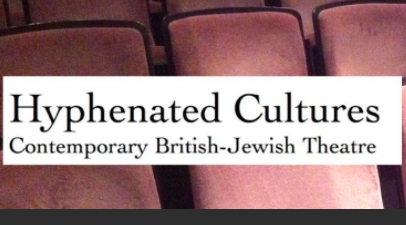![[Translate to English:] [Translate to English:]](/fileadmin/_processed_/6/3/csm_TUBS_1608_VOG_UB_19_1920_ad775306a4.jpg)
Die anglistische und amerikanistische Literatur- und Kulturwissenschaft an der TU Braunschweig ist geprägt durch große Offenheit gegenüber medien- und kulturwissenschaftlichen Transformationen der Literaturwissenschaft. Dies spiegelt sich in Forschungsschwerpunkten in den Bereichen Intermedialität, Adaption, und transmediale Narration. Auch interdisziplinäre Fragestellungen zum Verhältnis von Literatur zu Lebenswissenschaften und Technik, Studien zu Rezeption und Partizipation von Kultur im Alltagsleben (Social Media) sowie Genderforschung, vor allem zu Masculinity, gehören zum Portfolio. Darüber hinaus decken wir auch klassische Forschungsfelder wie Dystopie/Utopie, Shakespeare, Viktorianische und Neoviktorianische Literatur und Kultur sowie zeitgenössisches Drama und Theater ab. Mitglieder der anglistischen und amerikanistischen Literatur- und Kulturwissenschaft an der TU Braunschweig sind in entsprechenden internen, externen und internationalen Forschungsverbünden vernetzt, teils in Leitungsfunktion (Association of Adaptation Studies, AAS; Contemporary Theatre and Drama in English, CDE; International Society for the Study of Narrative; Screening European Heritage Network; Centre for Adaptations).

"Hyphenated Cultures: Contemporary British-Jewish Theatre" Website on contemporary British-Jewish theatre is now online! Find resources and biographies of artists and scholars at https://britishjewishtheatre.org/